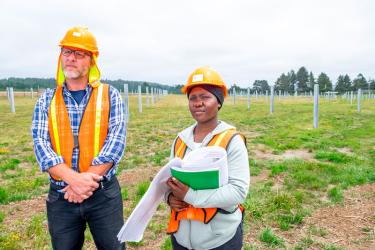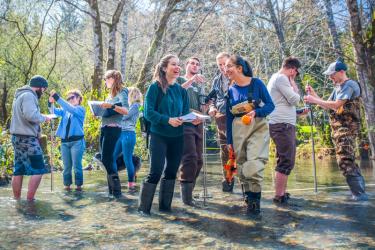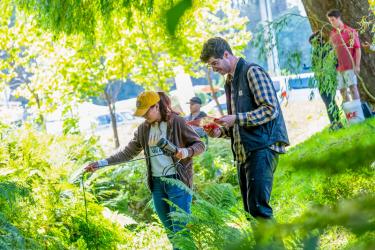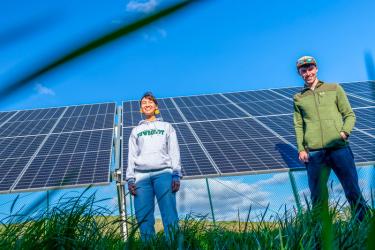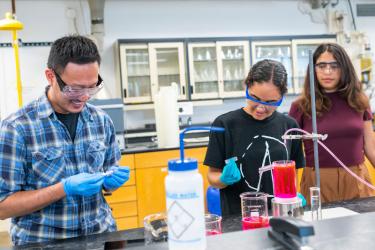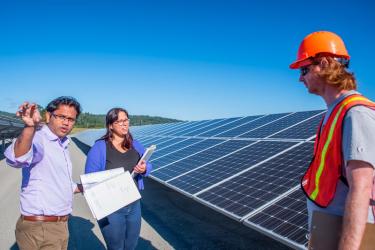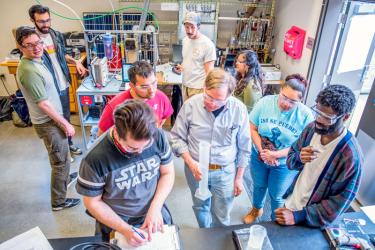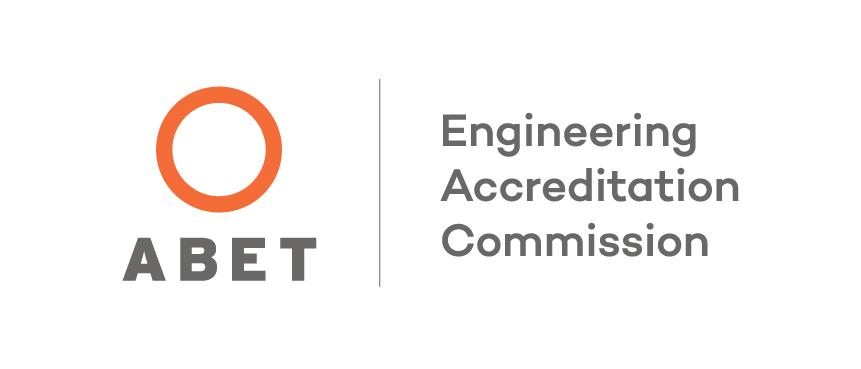UWM Summer 2019 Assistants & Field Technician Positions - Apply by March 11
The following includes information for multiple positions! Please read carefully.
The Gratton Lab in the Entomology Department at the University of Wisconsin-Madison is now accepting applications for full-time seasonal field positions to begin around June 3, 2019 and continue for 12 to 16 weeks. Our lab studies the links between insects, landscapes, and their conservation in support of healthy ecosystems and human well being. Specific projects are listed below, though assistants may work across multiple projects.
Available Positions:
Undergraduate summer assistants (multiple available)
Pay rate: $10/hour
Start date/duration: Full-time seasonal position for ~12 weeks between June and August
The Gratton Lab in the Entomology Department at the University of Wisconsin-Madison is now accepting applications for full-time seasonal field positions to begin around June 3, 2019 and continue for 12 to 16 weeks. Our lab studies the links between insects, landscapes, and their conservation in support of healthy ecosystems and human well being. Specific projects are listed below, though assistants may work across multiple projects.
Available Positions:
Undergraduate summer assistants (multiple available)
Pay rate: $10/hour
Start date/duration: Full-time seasonal position for ~12 weeks between June and August
Field technician (multiple available, undergraduate degree required)
Pay rate: $14/hr
Start date/duration: Full-time seasonal position for ~12-16 weeks between May and September
Job responsibilities: Field technicians and summer assistants will work with graduate students and staff scientists to conduct field work, collect and process data, and maintain equipment. Some projects may require long hours or weekend work. All positions will be based out of Madison, WI, with frequent travel around southern Wisconsin.
Requirements:
- Valid US driver's license and ability to obtain driver authorization from UW Risk Management
Reviews of applications will beginning on March 11, 2019 on a rolling basis.
APPLY HERE, or do so by visiting our website. If you have any questions or have trouble submitting using the form, please contact Jeremy Hemberger .
Overview of projects:
For more project information, click here.

